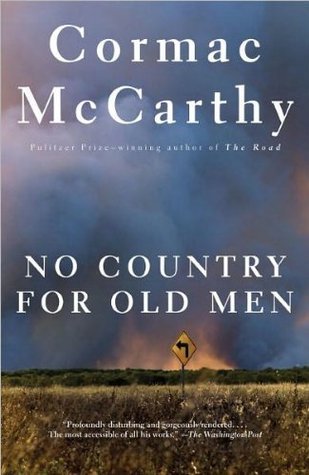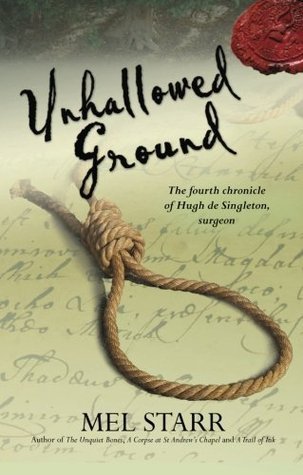Missive #356 Published 30 September 2024
John Dos Passos, the distinguished American novelist and historian has been personally interested in Brazil for the last fifteen years. He first visited the country in 1948, and returned again in 1956 and 1962. This book, which is based on his experiences in Brazil, presents the people and landscapes of a young country on the move. Here you will find several extraordinary reports on Brasilia, first in the planning stage, second in the wildly frantic period when it was a half-finished group of buildings, and, finally, as it appeared to Mr. Dos Passos in the summer of 1962 when it was at last beginning to function as a city.<.p>








